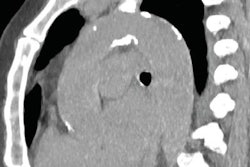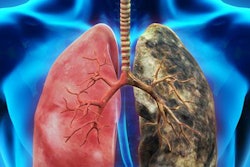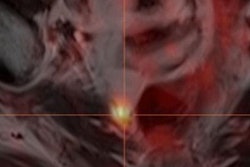Dear AuntMinnieEurope Member,
There's a growing consensus that deep artificial neural networks can reduce false positives and patient distress in mammography.
During last week's annual congress of the British Institute of Radiology, Dr. Anton Becker from Zürich elaborated on the vast, untapped potential of machine learning in this area. Our correspondent Becky McCall was onsite to report on his analysis and vision of the future. You can find out more in our Imaging Informatics Community, or by clicking here.
Litigation claims involving radiology came under close scrutiny at the same meeting. Cases appear to be on the rise again, and to minimize the chance of being sued, it's vital to be prepared and to be aware of the causes of these claims. Click here to learn more.
Preoperative assessment of aortic atherosclerotic burden with minimum radiation dose may be of value for patients undergoing cardiac or aortic surgery, said another group of Swiss researchers. They think ultralow-dose CT can optimize the surgical approach and decrease aortic plaques related to postoperative complications. Go to the CT Community, or click here.
Also, we have the latest news about England's PET/CT clinical audit scheme. This initiative was introduced in 2008, and after two comprehensive surveys, a series of important lessons can be learned. Visit the Molecular Imaging Community, or click here.
Continuing the nuclear medicine theme, a group from Austria and the U.S. is reporting success with PET imaging with the use of a novel gallium-68-labeled prostate-specific membrane antigen (PSMA) conjugated ligand for detecting disease recurrence after radical prostatectomy. PSMA-PET advanced the detection of recurrent prostate cancer at relatively low PSA levels and altered treatment management for many patients. For more details, click here.
Dr. Claudia Schueller-Weidekamm, a member of our editorial advisory board, has prepared an intriguing new musculoskeletal case report for us. To test yourself, click here.



















